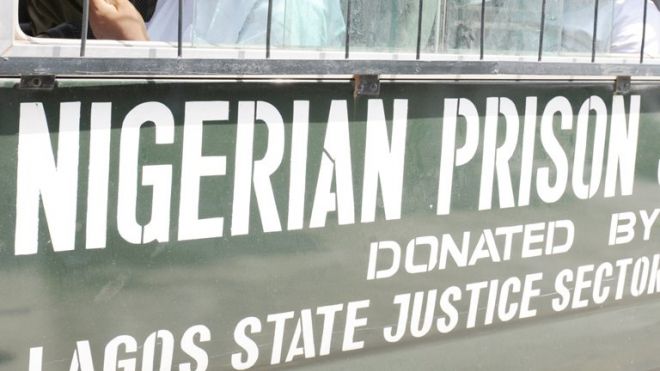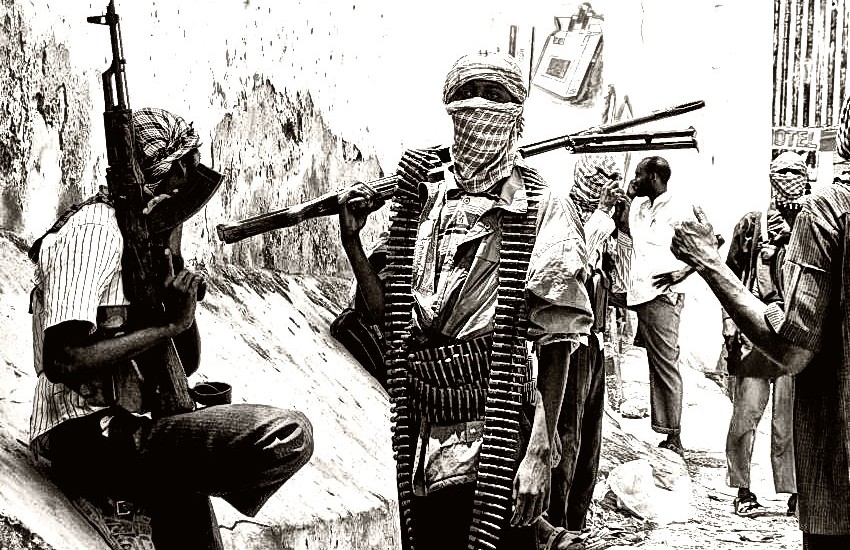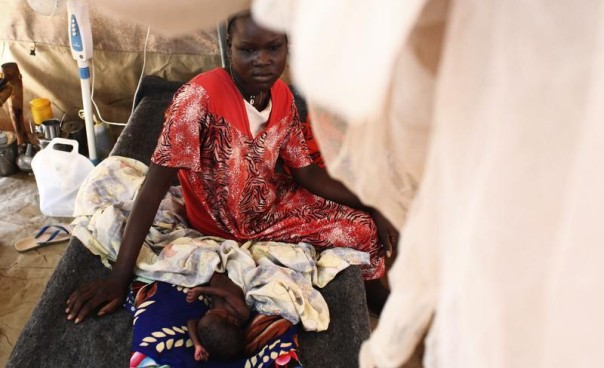By Erica Smith
Impunity Watch Reporter, Africa
CONAKRY, Guinea – A court in Guinea has charged Col Claude Pivi with murder, rape, and destruction of property for his alleged role in the 2009 massacre of opposition supporters in a stadium in Conakry.

On September 28, 2009, security forces entered and opened fire on peaceful pro- democracy demonstrators gathered in the stadium to protest the military junta. At least 150 people were shot, trampled, and stabbed and about 100 women were publicly raped, and tortured during the attack. A subsequent U.N. investigation concluded that the events at the stadium likely constitute crime against humanity and the violence was believed to be a factor in the ending of the junta. Eyewitness accounts place Col Pivi in the stadium during the attack.
Col Pivi was a leading figure in the CNDD military junta at the time of the massacre and is now minister for presidential security. He is the highest ranking official to be charged thus far and is one of seven leaders from the junta to be charged for the massacre.
There were fears that Pivi would never be charged for his role in the attack because he still has a loyal following among the army. Human rights groups have appluaded the action taken by the court, but are concerned that a trial may never take place. “Our concern is that this must not just be a situation whereby people are indicted and then are left to go about their business as normal. We want to see some further advancement on this issue…we welcome this indictment as it should help us get to the truth. However, we call on this government to make sure that all those indicted persons still in the country should be removed from their posts until they face justice.” Asmaou Diallo, who runs a victims’ support group told BBC news.
Rights groups have also criticized President Alpha Conde, elected in 2010 in Guinea’s first democratic power hand over since the end of colonialism in 1958, for not moving fast enough to prosecute those responsible for the 2009 attack.
For further information, please see:
Washington Post — Court in Guinea charges notorious military commander Claude Pivi for 2009 stadium massacre — 28 June 2013
Human Rights Watch — Guinea: Minister Charged for Alleged Role in Stadium Massacre — 28 June 2013
Chicago Tribune — Guinea charges minister over 2009 massacre of demonstrators — 28 June 2013
BBC News — Guinea stadium massacre: Minister Claude Pivi charged — 28 June 2013



